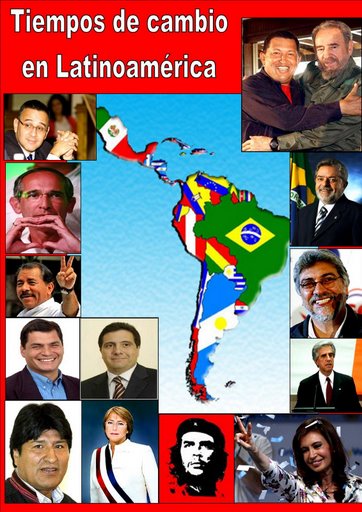
On Sunday, November 7, Silvia Ontaneda, Consul General of Ecuador to Minnesota, led a panel on the recent coup attempt in Ecuador and similar events in Venezuela, Bolivia and Honduras. Held at Walker Community United Methodist Church inMinneapolis, the meeting drew some 40 people.
 Ontananeda noted that Minnesota is home to about 40,000 Ecuadorians, and the government of President Rafael Correaestablished a consulate in Minneapolis to address the needs of these new residents. Many of these immigrants arrived here in the wake of a severe economic crisis in their home country in the 1990s.
Ontananeda noted that Minnesota is home to about 40,000 Ecuadorians, and the government of President Rafael Correaestablished a consulate in Minneapolis to address the needs of these new residents. Many of these immigrants arrived here in the wake of a severe economic crisis in their home country in the 1990s.The consul went on to describe the tumultuous state of Ecuadorian governance over the last few decades, with new civilian or military governments taking power on the average of every two years. The election of Rafael Correa in 2007 was seen as a means of introducing stability in Ecuador, with the country's voters overwhelming adopting his call to write a new constitution. She went on to explain how the police in the capital of Quito were misled by reports that the president was planning to cut their salary and benefits, and were essentially incited by outside forces stage a coup attempt. In the action, the president was taken captive, until national security forces freed him following a wave of opposition to the coup as Ecuadorians took to the streets in protest.
The next speaker, John Peterson from Hands off Venezuela, compared the Ecuadorian events to Venezuela in 2002 and Bolivia in 2008, where the democratically elected governments of Hugo Chavez and Evo Morales were also threatened by coup attempts. He noted that all of the countries under discussion had joined ALBA, the Bolivarian Alternative for Latin America, which poses a model of regional economic integration based on social welfare and mutual economic aid, in opposition to the United States model of trade liberalization and free trade agreements. In both Venezuela and Bolivia, the presidents laid much of the blame for the unrest on the United States, whose military and economic hegemony in Latin America was seen as threatened by the leftward turn of the ALBA governments.

Marcial Castro, from Hands off Honduras, and himself a Honduran immigrant, spoke next about the aftermath of the June 2009 coup in Honduras on the eve of a nationwide constitutional referendum. In the coup, President Manuel Zelaya was kidnapped by the army in the middle of the night and spirited away to Costa Rica as the "golpistas" took over the government. Castro pointed to some of the markers of U.S. involvement in the coup, including the fact that the plane carrying the kidnapped president stopped to refuel at the massive U.S. military base in Palmerola. He spoke feelingly of his own family fearing for their lives as hundreds of Hondurans who oppose the coup have been killed in barely disguised military assassinations. Despite the severity of the repression, however, the resistance movement continues to mobilize around the central demand for a
 constituent assembly.
constituent assembly.The panel was followed with refreshments and extended discussion at the church.
The event was sponsored by the local Hands off Honduras and Hands off Venezuela coalitions which are committed to educating and opposing U.S. intervention in other Latin American countries attempting to set their own path for future development. More information on these organizations is available at www.hondurasfreedom.blogspot.com andwww.handsoffvenezuela.org.

No hay comentarios:
Publicar un comentario